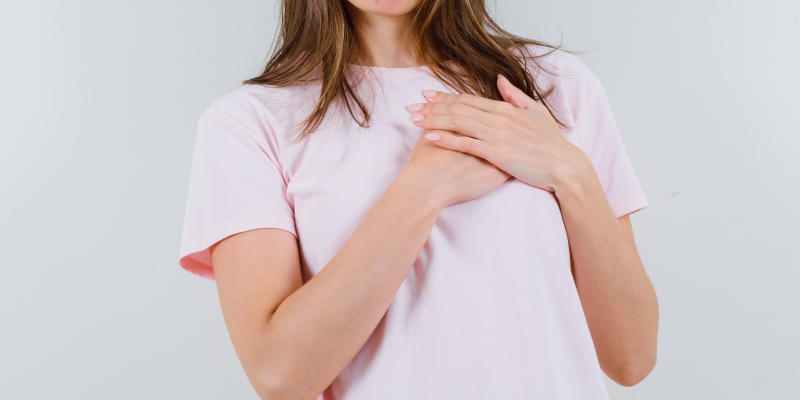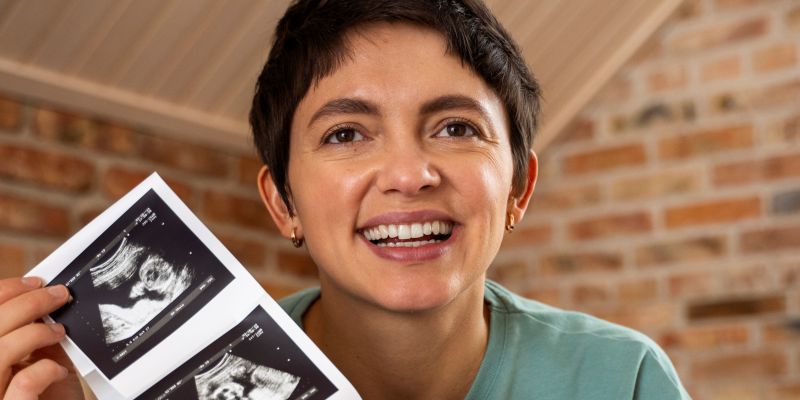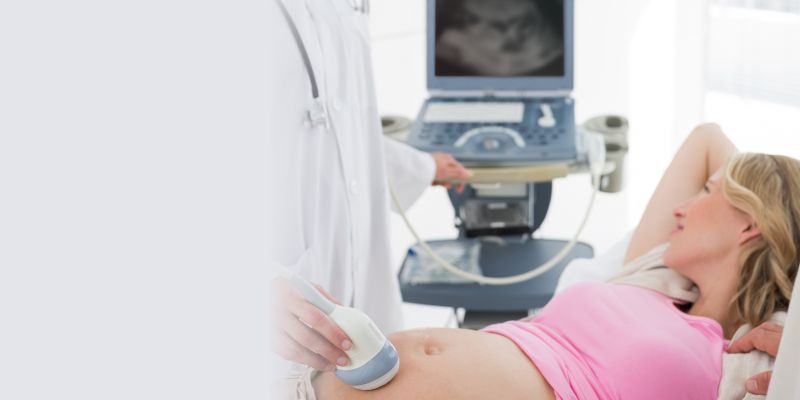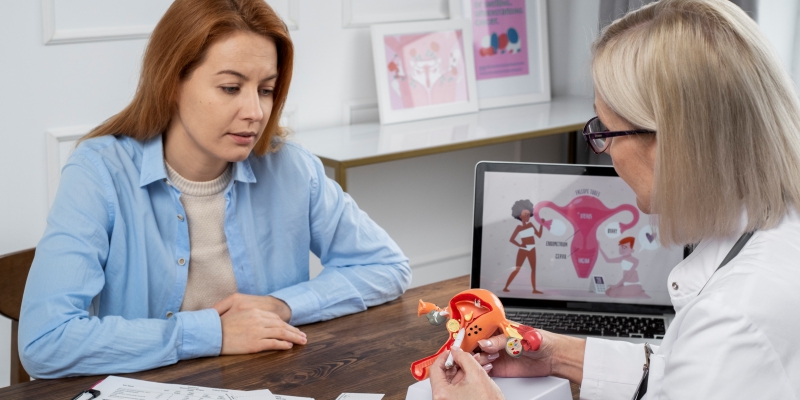
Inverted Nipples: Signs, Causes & Treatment

Author - Dr Ekawali Gupta
MBBS, MS Degree in OBG, Consultant,
Consultant Obstetrician and Gynaecologist, Mohali.
Inverted Nipples: Signs, Causes & Treatment
Introduction :
Inverted nipples, a condition where the nipples are retracted inward or lie flat against the areola, is a topic often shrouded in mystery and misconceptions. As per Dr Ekawali Gupta , MBBS, MS Degree in OBG, Consultant Obstetrician and Gynaecologist, his article aims to shed light on this condition, helping you understand its signs, causes, and treatment options. Whether you’re a new mother facing lactation issues or someone concerned about breast health, this comprehensive guide is for you.
Signs of Inverted Nipples
Physical Appearance
- Flat Against the Areola: The nipple doesn’t protrude and lies flat.
- Inward Retraction: The nipple is pulled inward, making it less visible.
Associated Symptoms
- Difficulty in Lactation: Mothers may find it challenging to breastfeed.
- Sensitivity: Some people experience reduced sensitivity in the nipple area.
Causes of Inverted Nipples
Congenital Factors
- Genetic Predisposition: Some people are born with inverted nipples due to genetic factors.
- Tissue Structure: The underlying breast tissue can cause the nipple to invert.
Acquired Factors
- Ageing: Changes in skin elasticity can lead to inversion.
- Breast Surgery: Procedures like breast reduction can result in inverted nipples.
Treatment Options
Non-Surgical Methods
- Nipple Suction Devices: These can help pull the nipple out temporarily.
- Hoffman Technique: A manual exercise to loosen the nipple tissue.
Surgical Methods
- Nipple Repair Surgery: A permanent solution involving minor surgery.
- Mastopexy: A breast lift can also correct inverted nipples.
When to Consult a Doctor
If you experience persistent issues with inverted nipples, especially if accompanied by other symptoms like discharge or pain, it’s crucial to consult a healthcare provider for a thorough evaluation.
FAQs
Q: Can inverted nipples affect breastfeeding?
A: Yes, inverted nipples can make breastfeeding more challenging but not impossible. Specialized lactation consultants can offer guidance.
Q: Are inverted nipples a sign of breast cancer?
A: While inverted nipples can be a natural variation, sudden inversion could be a cause for concern and should be evaluated by a healthcare provider.
Q: Can inverted nipples be corrected without surgery?
A: Yes, there are non-surgical methods like nipple suction devices and exercises that can offer temporary relief.
Q: Is the surgical correction of inverted nipples painful?
A: The procedure is generally done under local anesthesia, and most patients report minimal discomfort.
Q: Do inverted nipples affect men?
A: Yes, men can also have inverted nipples, although the condition is more commonly discussed in the context of women.
Q: Are inverted nipples hereditary?
A: There is some evidence to suggest that the condition can run in families, although it is not strictly hereditary.
Myths and Misconceptions
Myth 1: Inverted Nipples Are Abnormal
Fact: Inverted nipples are just a variation in breast anatomy and are not inherently abnormal.
Myth 2: You Can’t Breastfeed with Inverted Nipples
Fact: While it may be challenging, many women successfully breastfeed with the right guidance and tools.
Myth 3: Inverted Nipples Always Indicate Breast Cancer
Fact: While a sudden change in nipple orientation should be checked, inverted nipples themselves are not a definitive sign of breast cancer.
Myth 4: Surgery Is the Only Option for Correction
Fact: There are non-surgical methods available that can provide temporary or even long-term correction.
Myth 5: Inverted Nipples Cannot Be Sensual or Sensitive
Fact: Sensitivity varies from person to person and having inverted nipples doesn’t necessarily mean reduced sensitivity.
Conclusion
Inverted nipples are more common than most people think, and while they can pose challenges, particularly for new mothers, they are generally not a cause for alarm. Various treatment options, both surgical and non-surgical, are available to correct this condition. If you’re facing issues related to inverted nipples, don’t hesitate to consult a healthcare provider for personalized advice.
If you or someone you know is dealing with inverted nipples and its associated challenges, we’re here to help. Schedule a consultation at our clinic to explore the best treatment options tailored for you.
Dr Ekawali Gupta will respond to your query as soon as possible. For emergencies please call and reach Motherhood Hospital, Mohali.
At Motherhood Hospitals, we have a team of experienced supers specialists backed by the latest infrastructure and facilities. We have the best gynaecologist in Mohali. We are experts in handling complex deliveries, gynecological, and other surgeries including a range of laparoscopic surgeries.
Do make an appointment with the best woman care hospital in Mohali at a center closest to you. Meet with our doctors who will carry out the required investigations, diagnose the issue, and recommend the most appropriate treatment, enabling you to lead an active life.
If you wish to get in touch with Dr. Ekawali Gupta, please book your appointment here.
Related Blogs

Body Positivity Tips Post C Section (Cesarean Delivery)
Read More
Vaginoplasty: Procedure, Cost, Risks & Benefits, Recovery
Read More
The Digital Dilemma: Exploring the Medical Implications of Technology on Child Development
Read More
How To Relieve Menstrual Cramps? - 8 Simple Tips
Read More
Benefits of Consuming Folic Acid Tablets For Pregnancy/During Pregnancy
Read More
Navigating Radiology: Ensuring Safe Imaging During Pregnancy
Read More
Navigating Radiological Tests During Pregnancy: Ensuring Safety for Mother and Child
Read More
Decoding the Wonders of Pregnancy: When and Why Ultrasound Scans Take Center Stage
Read More
Decoding the Wonders of Doppler Ultrasound in Pregnancy: A Radiologist's Perspective
Read More
Understanding Cervical Cancer: The Crucial Role of Early Preventive Health Checks
Read MoreRequest A Call Back
Leave a Comment:
View Comments
Previous
Next
HELLO,
Stay update don our latest packages, offer, news, new launches, and more. Enter your email to subscribe to our news letter


 Toll Free Number
Toll Free Number








No comment yet, add your voice below!